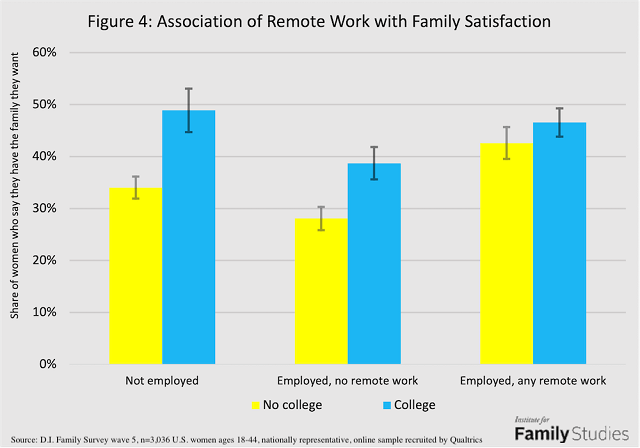Sheryl Sandberg announced last week that she is leaving her position as chief operating officer of Facebook’s parent company, Meta — the job that made her one of the highest-profile women in Silicon Valley. There is much to be said about her next venture as well as some unflattering reports about the real reason for her departure, but it’s worth reflecting on how the end of her c-suite reign also marks a whimpering end to the “Girlboss” era.
Sandberg is of course known for her 2013 best-seller “Lean In,” in which she encourages women to defy sex roles and embrace ambition in the workplace by overcoming “barriers that exist within ourselves.”
“We hold ourselves back in ways both big and small, by lacking self-confidence, by not raising our hands, and by pulling back when we should be leaning in,” she writes.
While some feminists embraced “leaning in” as a rallying cry, others felt her advice failed to address issues of inequality — like how not all women can afford full-time childcare so they can work late hours like Sandberg, nor do many women want to.
“Society has moved on. We pay a lot more attention now to the structural disadvantages women have — everything from sexual harassment to child care to no national paid maternity leave,” feminist columnist Katha Pollitt told The New York Times.
“I was a Sheryl Sandberg superfan. Then her ‘Lean In’ advice failed me,” another working mom wrote at Vox in 2018. Even the “Girlboss” icon herself, Michelle Obama, told a crowd on her sold-out book tour that, “it’s not always enough to lean in, because that sh-t doesn’t work all the time.”
Some women felt empowered by “taking a seat at the table” or walking into their boss’s office and demanding a raise. Still, others discovered that speaking up louder in meetings and working longer and harder hours did, in fact, not catapult them to the top of male-dominated fields or, more importantly, make them any happier.
It turns out that after being given all the advice and tools needed to climb the corporate ladder, many women are outright rejecting Sandberg’s vision of the corporate “Girlboss” life. Upon realizing that even if they did have the means to “lean in,” it wasn’t actually what they wanted.
Although women have been waking up to the false promises of third-wave feminism since Sandberg hit the bestsellers list, Covid lockdowns were the nail in the coffin of the “Girlboss” era. As I’ve written about before, nearly 2 million women have left the labor force entirely since February 2020 — a 33-year record low.
Whether it was a welcome change or not (Looking at you, teachers’ unions), lockdowns gave many women the freedom to work less and not feel ashamed about it. The normalization of remote work and flexible schedules made it easier for many moms to reject the false choice of work and family, but also the freedom to choose only family.
Recently released data from the Centers for Diease Control that show a 2021 spike in birth rates may affirm this shift in women’s lifestyle choices. Lyman Stone, at the Institute for Family Studies, surveyed 3,000 American women ages 18-44 to determine if this spike may have something to do with expanded access to remote work. Stone found that women with remote work capability or women who do not work at all show higher rates of family satisfaction than women who are employed but have no remote work option.

“This happiness might be caused by an expectation of soon having a wedding or a new baby, or the improved family circumstances could possibly lead to more willingness to take the next step in relationships,” Stone concedes. “But taken together, these results do point to one possible explanation for the rapid rebound in births: expanded remote work.”
This new frontier of remote work could not look more different from the vision Sandberg lays out in her book: a single woman taking a seat at a table full of male coworkers and bosses, secretly pumping breast milk with the door closed while on conference calls, and hiring extra help around the house to make up for late hours at the office.
Of course, Sandberg is a working mom herself and her book was careful to not admonish working moms or stay-at-home moms, but much of her advice now seems laughable post-Covid. “Raising hands” and “taking a seat at the table” doesn’t quite translate on Zoom calls. One whole chapter of the book titled, “Don’t Leave Before You Leave,” is spent instructing women to not “lean back” or step back at work when anticipating having children. Now, many young women are choosing jobs based on their conduciveness to family even before they accept the position.
Sandberg billed herself as charting a way for women to fight for big corporate leadership roles they deserved, but instead, she aided in creating the feminist veil by which big corporate often justifies exploiting their labor by trying to prevent family formation (ergo, happiness). When big corporate competes with families for a woman’s attention, instead of cooperating with families to help them provide for themselves, everyone loses, but especially women.








